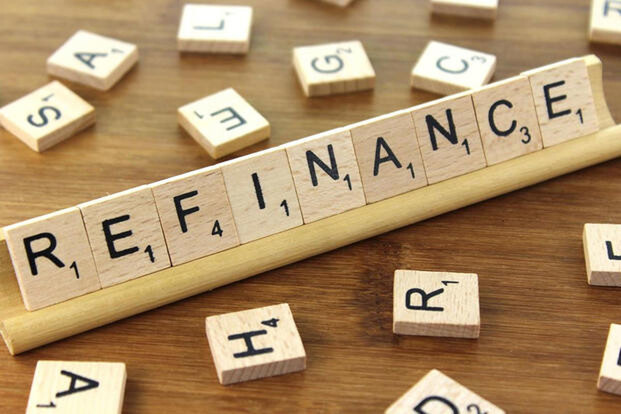With interest rates at historic lows and banks undercutting each other left, right, and centre, we've had a lot of enquiries about refinancing, and it's super important to understand exactly what this involves.
There can be some confusion about this term, lots of people see it the same as re-fixing a loan or topping up a loan to realise more "equity", but in our terms it means transferring your existing loan from one bank to another.
While refinancing might allow you to pay off your loan faster and get into a better financial position, it's not always the right thing for you. Let's clear up some of the common benefits and perhaps some shortcomings of refinancing from one bank to another.Benefits
- Number one is to get a lower interest rate or better terms. We all want to pay a lower rate to borrow the same amount of money! This has worked incredibly well for some clients of mine recently who had a home loan at a high rate with another lender (who had charged a premium three years ago), plus some debt they wanted to consolidate. They've gone from paying $750 / FN to $500 / FN and also tipped five years off their loan term in the process.
- Opportunity to tap into "equity". I mention this above as often a new bank will happily refinance the existing lending you have and allow you to borrow an extra $20K or so to put in a new kitchen or buy a new car! Sometimes a new bank is open to lending more or simply has a more favourable way of ensuring you can afford to pay your loan back.
- Cash - while not as common as a few years ago, some banks are still offering some big cash incentives to switch, especially for customers with strong incomes and good equity, or with large loans. Check with us to see if that's right for you, as it can be a carrot on a stick but not necessarily all it's cracked up to be.
Disadvantages
- You will be required to pay some kind of fee for refinancing - primarily for a lawyer's time, as a refinance involves the transfer of the mortgage the original bank held, to the new bank. Some people aren't aware of this, so check with your lawyer as to what they charge for a refinance. It is a simpler process than a purchase, so some will have a cheaper fee.
- Break fees - if your existing loan is fixed, there may be fees to break your current loans. Make sure you check with your current bank first as sometimes these can be thousands and erode any benefit you have in changing over to a new bank.
- Cashback contribution letters - if you've been with your current bank for home lending for less than three years, most banks will require that you pay back some or all of the money they gave you when you came to them in the first place. Sometimes this is pro-rata, and sometimes it's in full, but can be a significant sum!
- Are you extending your loan term? If you are paying higher repayments or a shorter loan term with your current bank, a new one may offer a full 30 year term. While this can free up some cash flow for other things, it's also something to watch out for as it will mean you're paying more interest over the life of your loan.
When should I refinance?
Often when a fixed rate is expiring and a client has had a loan with a certain bank for a few years, we'll look at some other options. That way they eliminate any break fees and make the most of the new lender's offering.
But ANY time, it's a great idea to review your loan. Even some small tweaks can make a big difference to you achieving your long term goals and getting to where you'd like to be.
So talk to us today, contact us and we'll work with you to make sure you've got the best deal for you.
Adam, Claire and the My Mortgage Team


